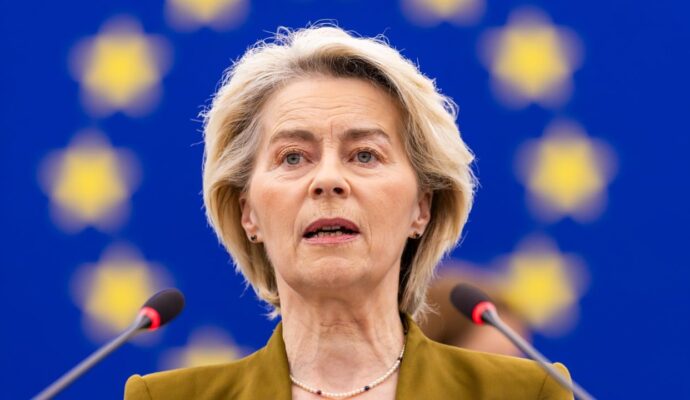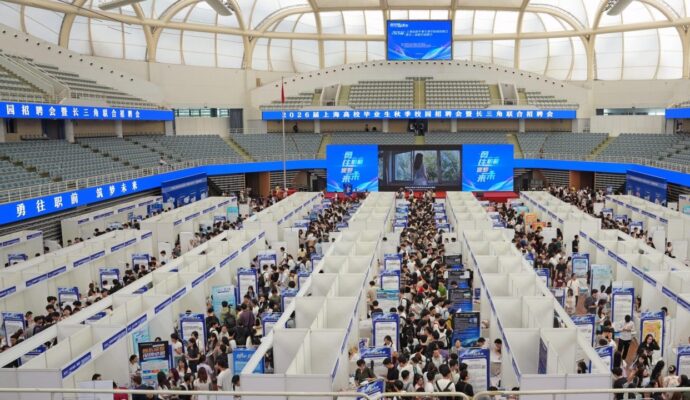“Both sides want to ease the anxiety of countries in Asia and even in Europe, as the intensifying competition between China and the US has emerged as a thorny challenge in their own bilateral ties with many countries,” Chen said.
“The trip also sent a signal to the world that there is no zero-sum game between China and the US, and that they’re taking responsibility for regional peace and stability.”
James Downes, head of politics and public administration at Hong Kong Metropolitan University, noted that Blinken and senior Chinese diplomats had met for longer than scheduled.
“From a PR perspective, the recent talks look positive,” he said. “Renewed positive ties between China and the United States are important for the European Union within the current global economic climate, as the EU seeks to continue its post-Covid economic recovery.”
But the talks would not ease the concerns of some EU countries over issues like Beijing’s foreign policy in the Indo-Pacific region. “Politically, the EU appears to be aligning more closely with the US in response to China’s growing geopolitical assertiveness,” Downes said.
While Beijing and Washington have pledged to keep their rivalry from turning into an actual conflict, a possible confrontation could be dangerous for countries like Japan – a US ally that sees China as a top security threat, according to James Brown, an international relations professor at the Tokyo campus of Temple University.
Ties between Beijing and Tokyo are strained over their wartime history and territorial disputes, but the neighbours have close links and China is Japan’s most important trading partner.
“For this reason, excessive hawkishness from Washington and talk of decoupling is not welcomed in Tokyo. The last thing Japanese policymakers want is a regional crisis,” Brown said.
“In this context, Japan will welcome Blinken’s trip to Beijing. It takes some of the heat out of the relationship and maintains channels of communication, which may be vital to avoiding a future crisis.”


